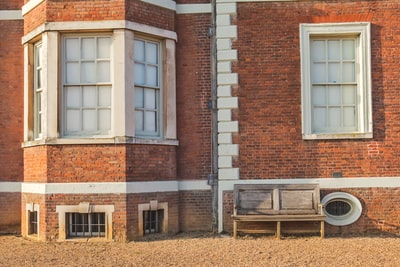The Purges

In 1934, Sergey Kirov was murdered. In all probability, it was Stalin who organized the murder. But Stalin used it as ‘proof’ that there were people operating in the Soviet Union who were trying to destroy the country. He then organized for the Secret Police (known as the NKVD) to imprison or execute anyone who was part of this conspiracy. Over two-thirds of the Central Committee of the Communist Party were executed, as were eighty per cent of the Soviet Union’s generals.
The Great Terror
But it wasn’t just important or semi-important figures who Stalin said were a threat. In addition to purging the party, the Great Terror began. Ordinary people could be kidnapped and sent to Siberia in the middle of the night, or shot, because they were apparently part of the big conspiracy. The estimates of how many people suffered this fate range from 20 to 40 million people. Even if you pick the small number, that’s still four times the population of Scotland today.
You might be wondering: how did Stalin, even if he was a clever guy, know that each and every one of those people were against him? The answer is he didn’t, and the vast majority of them probably weren’t a threat to him anyway. But that wasn’t the idea. The goal was instead to create an atmosphere where everyone lived in fear for their lives, and saw the only chance they might have to avoid a knock on the door from the NKVD was to enthusiastically obey absolutely everything Stalin said or did, whether in the form of joining a collective farm, mining more coal or telling on a suspicious neighbour.
The Cult of Personality
Over the 1930s, the Stalin personality cult went into overdrive. Devotion to Stalin was compulsory for everybody, and he wasn’t far from being treated as a God.
The 1936 Constitution
